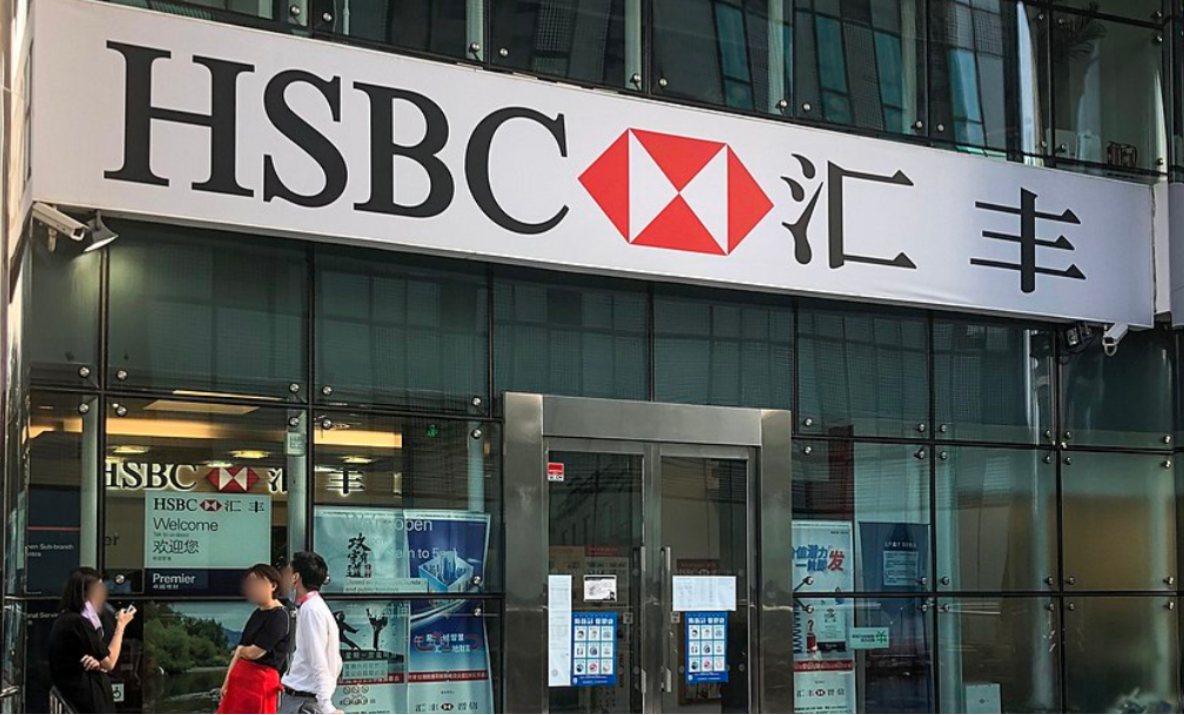
HSBC’s ‘Asia pivot’ gets a shot in the arm as the bank hires 3000 representatives to comb through mainland china for wealthy clients in need of its services.
Much of the prospecting will focus on the prosperous coastal cities, targeting wealthy clients who need advice on insurance and investments.

Access deeper industry intelligence
Experience unmatched clarity with a single platform that combines unique data, AI, and human expertise.
HSBC chief executive Noel Quinn has previously promised to “move the heart of the business to Asia” where the company earns most of its profit. The bank has been winding down and shedding operations in “low-return markets” in the US and continental Europe.
The new initiative is part of Quinn’s plan to revive the bank’s lagging fortunes with what he calls three pivots: to Asia, to wealth management, and to business that generates fee income—advisory work, for example—rather than lending.
It is also part of a digital-banking push at HSBC that analysts say is overdue.
Facing tough competition in tough times
HSBC’s wealth and personal banking unit lost $34m in mainland China last year while earning $4.93bn of pretax profit in Hong Kong, a highly lucrative home market for the bank.

US Tariffs are shifting - will you react or anticipate?
Don’t let policy changes catch you off guard. Stay proactive with real-time data and expert analysis.
By GlobalDataOf the 226,000 people HSBC employs globally, 27,000 are in mainland China and 29,000 are in Hong Kong.
Meanwhile, HSBC faces increasing competition from JPMorgan, Goldman Sachs, and other US banks.
Bringing off a bold idea
The venture, known as HSBC Pinnacle, is led by Trista Sun, a 41-year-old Chinese banker with the enthusiasm of a financial-technology entrepreneur.
She has set up a fintech platform in Shanghai to operate Pinnacle—HSBC says it is the first foreign company to get a license to do this—and is recruiting financial planners to roam Shanghai, Hangzhou, Guangzhou and Shenzhen armed with digital tablets.
Still, Ms. Sun believes HSBC’s long history and experience can give it an edge over newer companies, even as it pushes into higher-tech areas.
“We probably underestimate the value of traditional financial institutions,” Ms. Sun said in an interview. “It requires expertise and experience to understand how to manage risk, how to design the right products, sustainably grow the business.”
Banking on a long history in the region
HSBC has a long history in China. It was founded by Thomas Sutherland, a young Scotsman working in Hong Kong for a large shipping firm.
Sutherland decided to set up a bank that would be owned and managed locally and would support international trade. A month later it opened an office in Shanghai.
In 1984, HSBC became the first foreign institution to secure a banking license on the mainland since the founding of the People’s Republic of China in 1949.
It has about 160 branches on the mainland, more than any other foreign bank.







